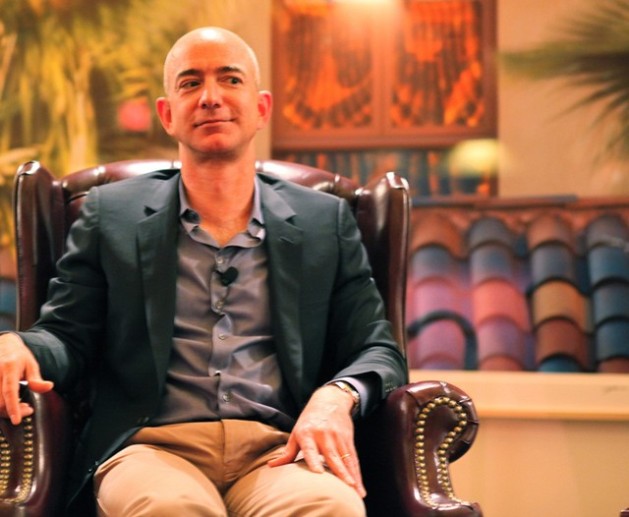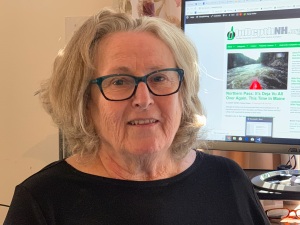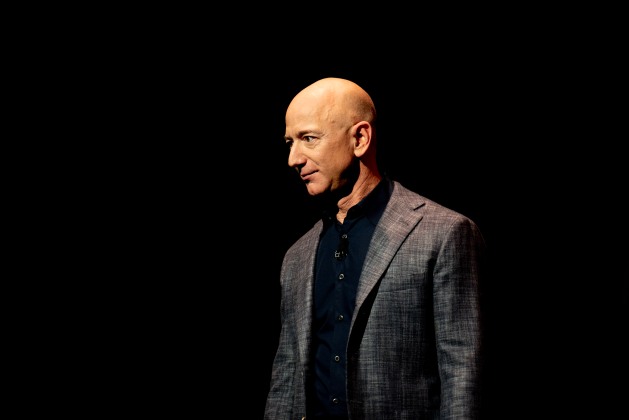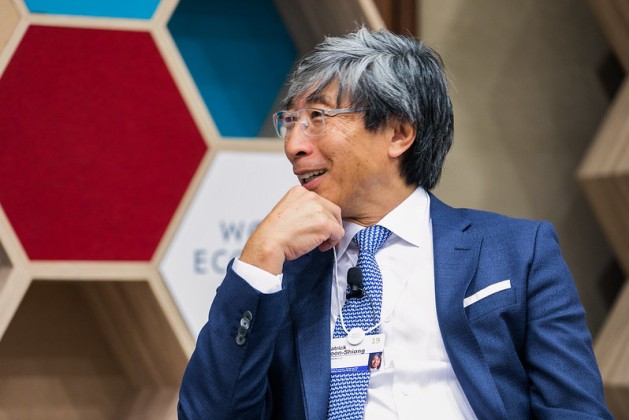
Patrick Soon-Shiong. Photo (cc) 2014 by NHS Confederation.
Patrick Soon-Shiong, the wealthy surgeon who owns the Los Angeles Times, has delivered yet another daily newspaper into the greedy hands of the hedge fund Alden Global Capital. Soon-Shiong announced Monday that he’d sell The San Diego Union-Tribune to Alden’s MediaNews Group. By my count, the Union-Tribune becomes the 10th paper that Soon-Shiong has helped turn over to Alden. As Sara Fischer and Andrew Keatts report for Axios, the new owners immediately announced cuts to the newsroom.
When Soon-Shiong bought the LA Times in 2018, the Union-Tribune was thrown in as part of the deal. Soon-Shiong was hailed by optimistic media observers as someone who, like Jeff Bezos at The Washington Post and John Henry at The Boston Globe, would provide his papers with the runway they needed to become self-sustaining enterprises.
Please consider supporting this free source of news and commentary for just $5 a month. You can sign up here.
It’s been a mixed bag. Soon-Shiong’s main interest has been the LA Times, but he’s gone back and forth between investing and cutting. By no means has the Times been hollowed out as if it had been owned by, oh, let’s just say Alden Global Capital. But he’s run a lean ship, with the Times announcing just a few days ago that the recent sale of its press meant that game stories, box scores and standings would be eliminated from its print edition, according to Andrew Bucholtz of Awful Announcing.
Selling off the San Diego paper to one of the worst possible buyers is reminiscent of John Henry’s decision to sell the Telegram & Gazette of Worcester to a Florida chain back in 2014. As I recount in my book “The Return of the Moguls,” folks at the T&G thought Henry had promised not to sell unless a local buyer could be found; Henry told me his only promise had been not to sell to GateHouse Media. In any case, GateHouse managed to acquire the T&G within months and immediately began hollowing it out. GateHouse later morphed into Gannett, the country’s largest newspaper chain with about 200 dailies, which is notorious for its cost-cutting.
Alden Global Capital’s two newspaper chains, MediaNews Group and Tribune Publishing, make it the second largest owner with about 100 dailies. Alden is often described as the worst newspaper owner in the country, denounced as “vulture capitalists” who slash news coverage and sell off real estate in an attempt to squeeze out as much revenue as possible. Locally, Alden owns the Boston Herald, The Sun of Lowell and the Sentinel & Enterprise of Fitchburg.
Soon-Shiong was perhaps the central player in Alden’s acquisition of Tribune Publishing. Whereas MediaNews Group comprises mainly smaller papers, plus a few large dailies such as The Denver Post, Tribune owns eight of the largest, most iconic papers in the country, including the Chicago Tribune, The Baltimore Sun, the Orlando Sentinel and, closer to home, the Hartford Courant.
In the spring of 2021, Tribune, then comprising nine papers, was up for grabs, as it had been many times before. Stewart Bainum, a Baltimore hotel magnate, was attempting to buy the chain and sell off some of its properties to what he hoped would be public-spirited local owners. His main interest was in saving the Sun. Also bidding for the papers Alden. The hedge fund actually offered less money than Bainum, but its offer was reportedly less complicated as well.
The Tribune board ended up voting to sell the papers to Alden — a move that could have been halted by just one board member. Soon-Shiong, who was on the board, abstained, and he did so in a way that mean his vote essentially counted as a yes. As The Washington Post reported at the time, Soon-Shiong submitted his ballot without having checked the “abstain” box; if he had, his vote would have been counted as a “no.”
Bainum went on to found the nonprofit Baltimore Banner. Tribune, meanwhile, spun off one of its most prominent papers, the Daily News of New York, which remains part of the Alden empire as a separately owned entity.
So what’s next for The San Diego Union-Tribune? Nothing good, you can be sure. Voice of San Diego, a nonprofit news site, headlined its story “LA’s Richest Man Sells Union-Tribune to Feared ‘Chop Shop.’” Will Huntsberry and Scott Lewis interviewed the news-business analyst Ken Doctor, who predicted that San Diego will not be rid of Alden anytime soon.
“People get confused because these people are cut-throat capitalists,” Doctor told them. “But their papers are making money and they’re holding onto them for the time being.”







